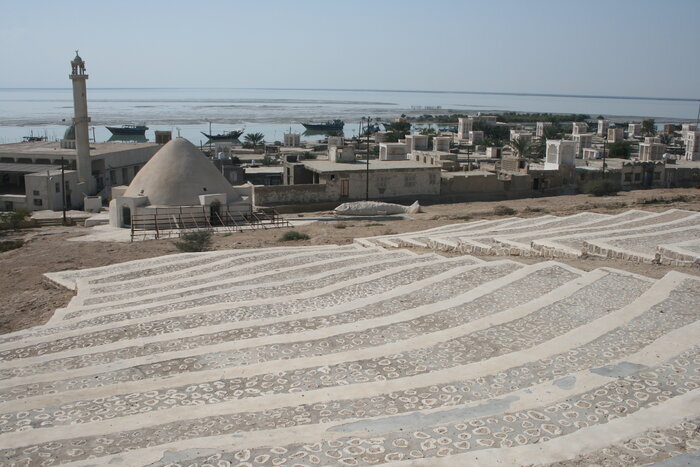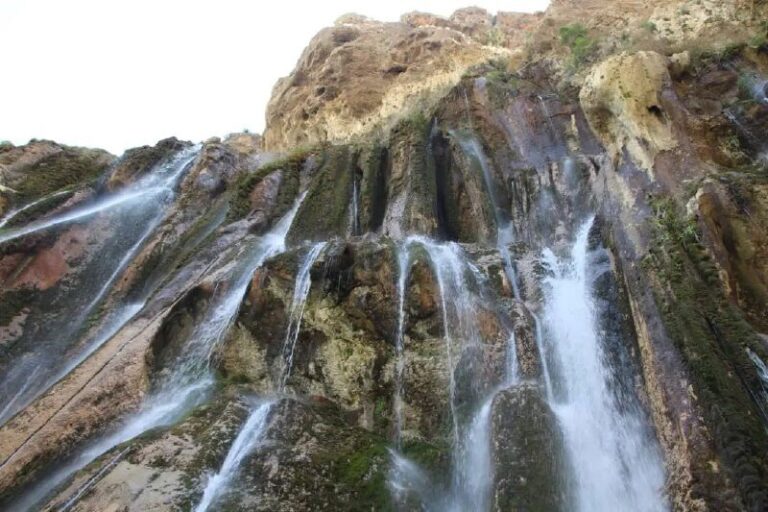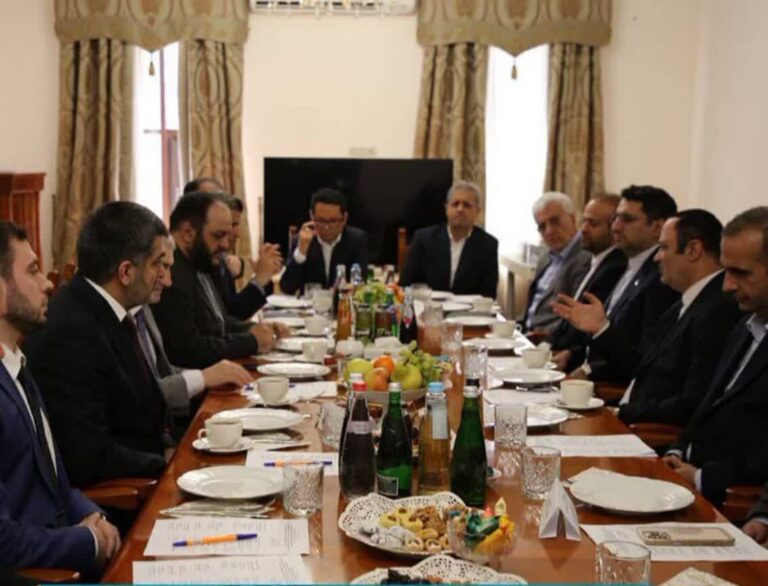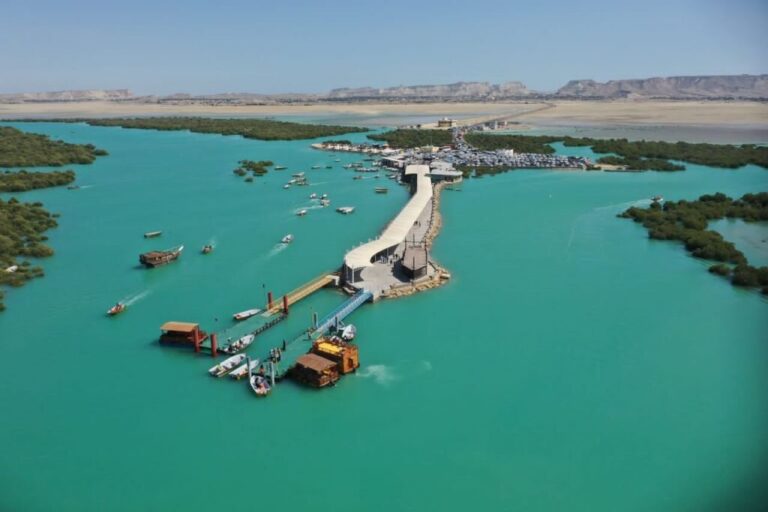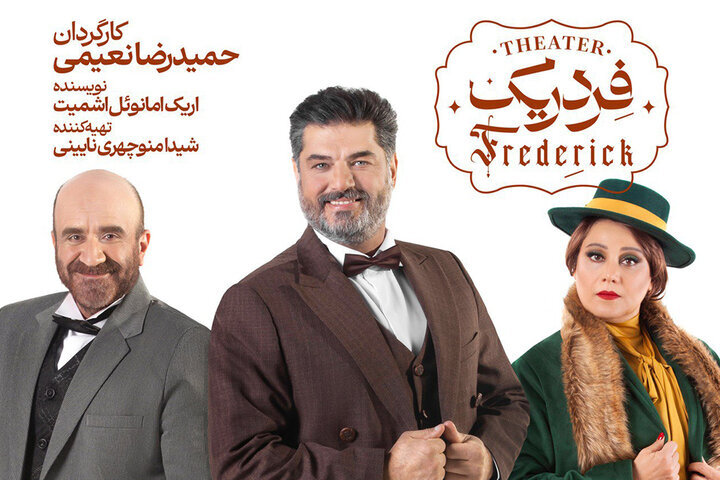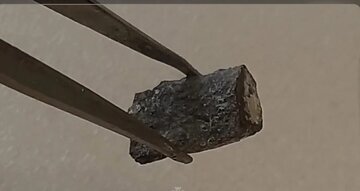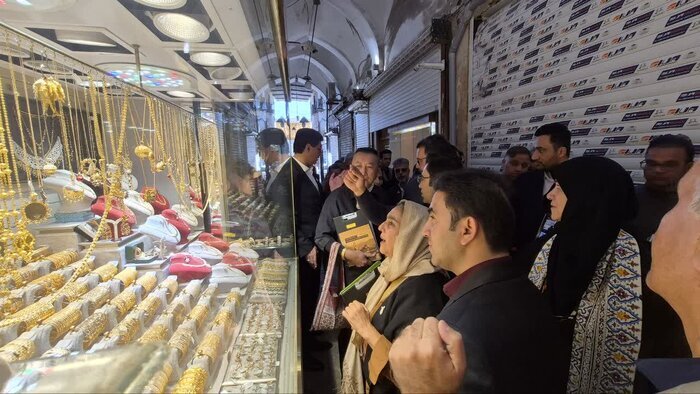Transforming Qeshm’s Water Storages into Captivating Living Museums
TEHRAN—The Qeshm Free Zone Organization is embarking on an innovative project to organize water storages on Qeshm Island, focusing on cultural heritage, historical significance, and environmental sustainability. Ebrahim Rostam Gourani, the head of the organization, emphasized that these valuable resources serve not only as essential water supply infrastructures but are also being transformed into living museums, as reported by CHTN.
The water storage structures, locally known as Berkeh, are traditional domed designs that have been integral to the islanders’ way of life for centuries. These ancient water systems symbolize the rich indigenous knowledge, resilience to arid conditions, and the traditional architecture of southern Iran.
“The water storages of the island encapsulate stories of human effort, knowledge, and adaptation to nature,” stated Rostam Gourani. “With a museum-centered approach, we aim to document, preserve, and enhance these water storages to ensure they remain vital and accessible for future generations.”
In the initial phase of this initiative, efforts are focused on the ancient water storages located in rural areas of Qeshm Island. The project includes:
- Engineering Improvements: Structural enhancements to ensure the longevity of the Berkehs.
- Information Boards: Educational panels that provide insight into the historical significance of each site.
- Visitor Pathways: Clearly marked routes to guide tourists through the sites.
- Local Guides: Training local residents to serve as knowledgeable guides for visitors.
Rostam Gourani revealed that over 50 water structures are included in the “Berkeh Living Museums” project. This initiative transcends mere construction; it aims to fuse sustainable tourism with environmental education and the revitalization of Qeshm’s cultural identity. Key aspects of the project include:
- Training Local Guides: Equipping local residents with the skills needed to lead cultural tours.
- Cultural Tours: Organizing tours that highlight the historical and cultural significance of the Berkehs.
- Multimedia Content Production: Creating engaging content that showcases the importance of water conservation and the cultural heritage of Qeshm.
One of the standout features of this project is the active involvement of local villagers in the restoration and preservation of the water storages. Local women, youth, and village elders are taking part in training sessions and are involved in the oral documentation of traditional practices and memories related to water conservation.
The project not only aims to preserve the Berkehs but also strengthens community bonds by encouraging participation and collaboration among residents. This communal effort ensures that the knowledge and customs related to these ancient water systems are passed down through generations, fostering a sense of pride and cultural continuity.
In addition to these initiatives, the Qeshm Free Zone Organization is also exploring opportunities for sustainable tourism. By promoting the Berkeh Living Museums, they aim to attract visitors who are interested in experiencing the unique cultural heritage of Qeshm Island while also educating them about the importance of conserving water resources.
“We believe that through this project, we can create a model that not only protects our heritage but also contributes to the sustainable development of our community,” said Rostam Gourani. “By bridging the gap between history and modernity, we hope to create a sustainable future for Qeshm Island.”
As the project progresses, it is expected to become a significant cultural and educational hub, showcasing the unique blend of traditional practices and modern sustainability efforts. The transformation of these ancient water structures into living museums reflects a commitment to preserving the past while fostering a sustainable future for the island’s residents and visitors alike.
In conclusion, the project to organize water storages on Qeshm Island is not merely a construction endeavor but a holistic approach that intertwines cultural heritage, environmental education, and community involvement. By preserving the Berkehs, the Qeshm Free Zone Organization is ensuring that these vital symbols of the island’s history remain alive for generations to come.
